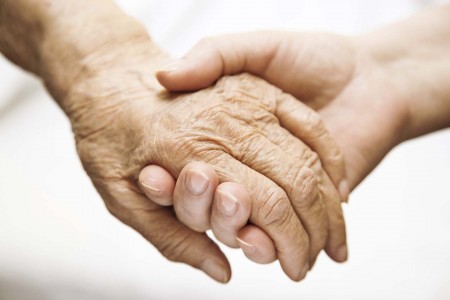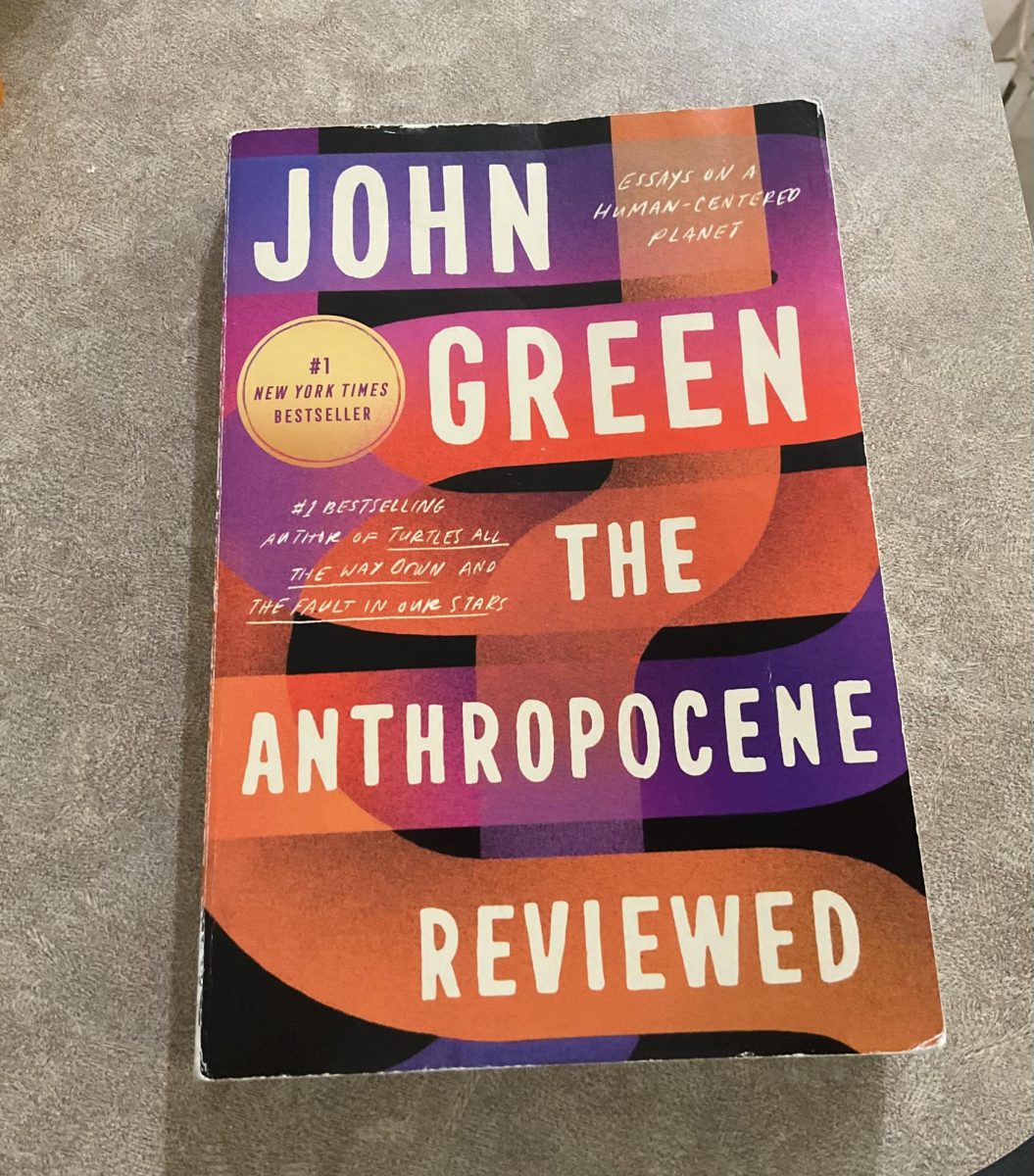
Photo Courtesy of: Volunteer Local
Since scientists and doctors have now found a way to test a patient’s risk of getting Alzheimer’s, many opinions have sprung up over the fact.
“Yes, I would want to know; to prepare for it. It is difficult knowing what will happen to you, and there is nothing you can do about it,” said Joseph Fisher, 10.
As there is as yet no known cure for Alzheimer’s, nor any way to keep the symptoms at bay, it is difficult to hear this is your fate and there is not much you can do about it.
“Yes, I would want to take the test and know. That way I could make decisions ahead of time. For instance, my grandma set up her plans and will and has live in help because she knows she is getting Alzheimer’s,” said Samuel Myers, 10.
When asked if people should know their results and who should be able to have access to the information, Science teacher Mrs. Mary Palmer had some opinions.
“Well, it is an ethical question. No matter what the result is you will live your life differently. Also, the information is supposed to be personal, but with blood tests doctors and insurance companies can know the results without the patient even knowing. So it is rather a personal choice and ethical dilemma (if you take the test.)” said Palmer.




